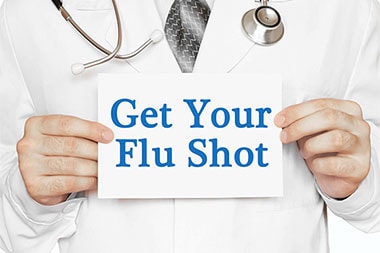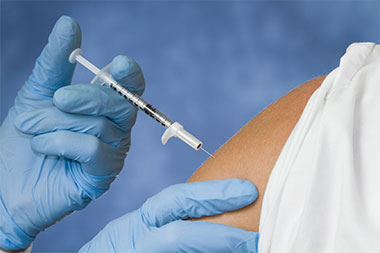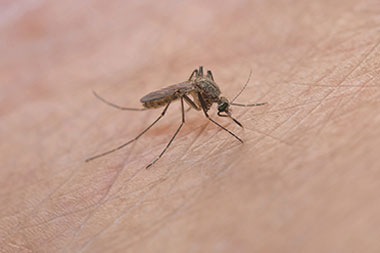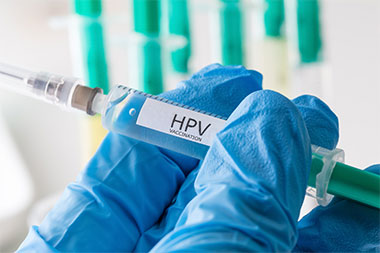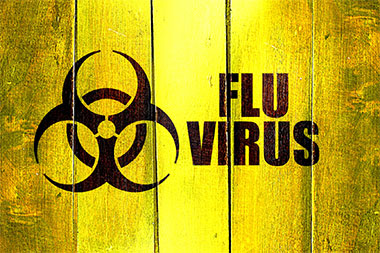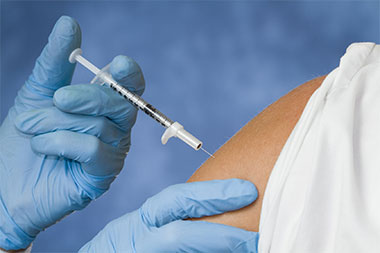It may seem like we just finished the last flu season, but the statistical reality is that the next one is upon us. That means it’s time for you to start beating the vaccination drum again. You can expect the same misinformed objections from patients—the vaccine doesn’t work or can actually give you the flu; vaccines cause autism in children; the flu is no worse than a bad cold…. That last one may be the …
Read More